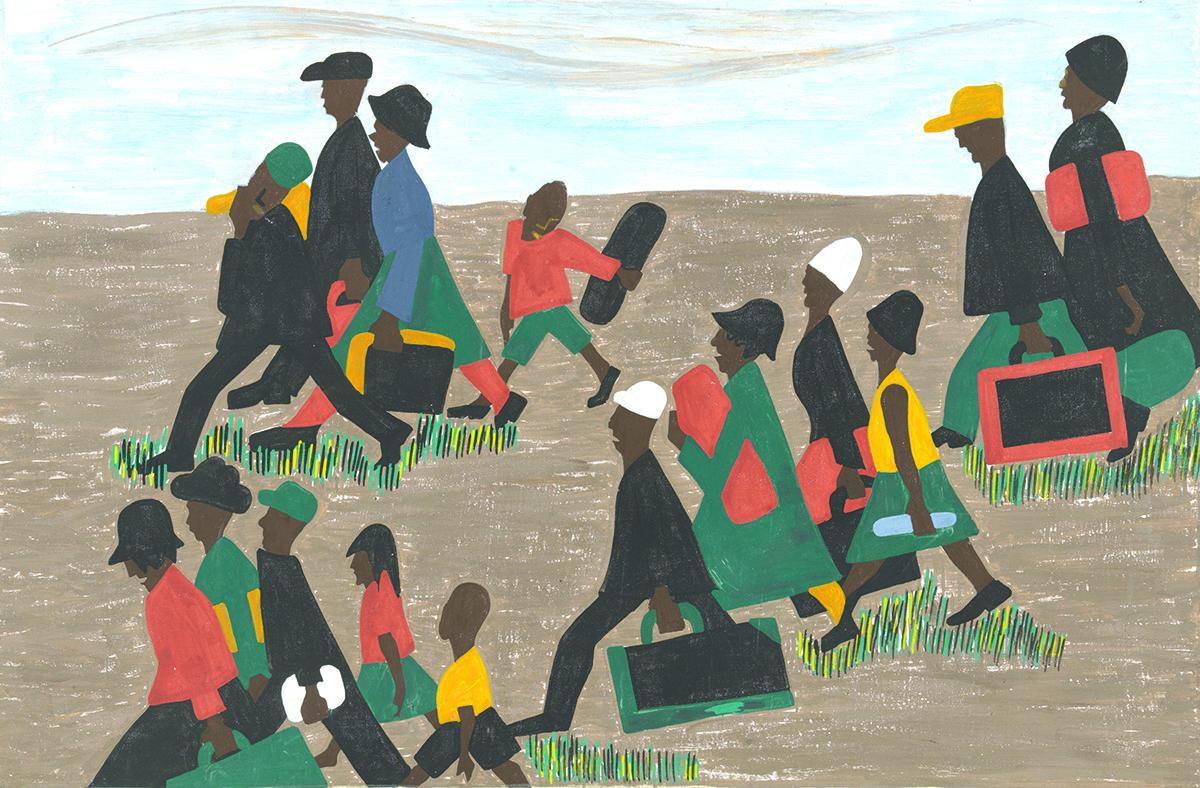Something that I’ve always struggled with has been the idea of knowing that people in other countries and places suffer far greater hardships than we (modern day Americans) currently do, but also not letting that be an excuse as to why Americans might be exempt from acknowledging the level of responsibility that we have as a model to other nations. One specific excerpt in this piece that I highlight stated this:
“It is no secret that America is today hailed as leader of the democratic world. This carries with it a great deal of moral responsibility. Firstly, it entails that the American concept and practice of democracy within its own territories should acknowledge the necessity of equal opportunity for all citizens, no matter the racial origin. Secondly, it implies that the United States should set an example for all other nations by taking the lead in removing from its national life all signs and traces of racial intolerance, arrogance or discrimination for which it criticizes some other nations,” (section 9).
This quote was profound to me because based on the responsibilities it outlines, we are not and have not been credible enough as a nation to be “leader of the democratic world”. This excerpt very much reminded me of the Double V Campaign as well, in the sense that it highlights the injustice we do by pointing out flaws of other nations and seeking to fight on their behalf, when we don’t fight for those same causes on out own land. In my opinion, America prides itself on being “leader of the democratic world” for the sake of status and not morality.
